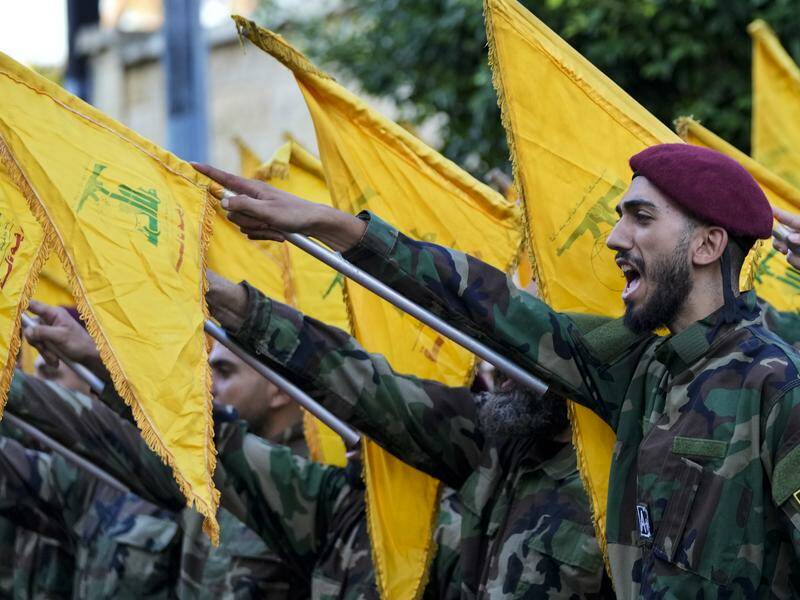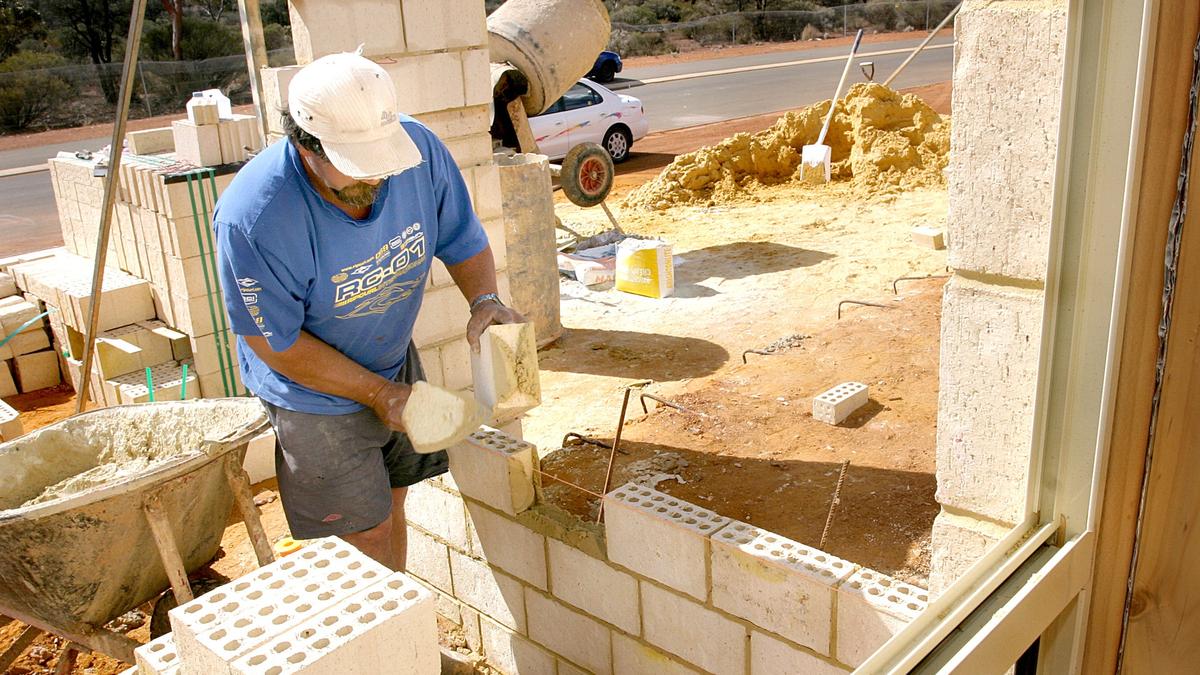
Israel’s government has expressed readiness to assist Lebanon in its efforts to disarm the militant group Hezbollah. This announcement follows a recent decision by the Lebanese cabinet to endorse a United States-backed disarmament initiative aimed at curtailing Hezbollah’s military capabilities.
Lebanon’s cabinet approved the goals of the US framework earlier this month, which has ignited considerable debate within the country. In a statement from Prime Minister Benjamin Netanyahu‘s office, it was indicated that if the Lebanese Army begins to implement the disarmament plan, Israel would contemplate reciprocal actions. This could include a reduction of its military presence along the border, coordinated with a US-led security framework.
The disarmament strategy was presented by US envoy Tom Barrack and represents the most comprehensive proposal to date for restraining Hezbollah’s military strength. The group has historically resisted calls to disarm, especially following its conflict with Israel in late 2024, which resulted in extensive devastation across Lebanon.
A US-brokered ceasefire in November concluded the conflict and mandated Lebanon to confiscate all “unauthorised” weapons throughout the country, with the provision that Israel would cease offensive operations against Lebanese targets. Despite this, Israel has maintained troops at five locations along its southern border and has continued air strikes against what it claims are Hezbollah fighters and weapon facilities.
The Israel-Hezbollah conflict erupted following the October 7, 2023, assault led by Hamas from Gaza, resulting in over 4,000 fatalities and damages estimated at $11 billion.
In a separate development, Israeli air strikes on the Nasser Hospital in Gaza on Monday reportedly killed at least 15 individuals, including three journalists, according to Palestinian health officials. Among the deceased was cameraman Hussam al-Masri, a contractor for Reuters. Another contractor, photographer Hatem Khaled, sustained injuries during the incident. The Israeli military has not yet commented on the strikes.
Casualties occurred on the hospital’s fourth floor during a double-tap air strike, where one missile struck first, followed by another as rescue teams responded. Nasser Hospital, the largest medical facility in southern Gaza, has endured ongoing bombardment throughout the 22-month conflict, prompting officials to report critical shortages of supplies and medical staff.
Strikes on hospitals have become increasingly common, with multiple facilities in Gaza being hit or raided. Israel justifies its actions by asserting that its strikes target militants operating from within these medical establishments, though evidence has not been provided. A prior strike on Nasser Hospital in June resulted in three fatalities and ten injuries, with the Israeli military claiming it had targeted Hamas militants using the hospital as a command centre.
As per the health ministry, at least 62,686 Palestinians have died in the ongoing conflict, though this figure does not differentiate between combatants and civilians. Approximately half of the reported casualties are said to be women and children. The United Nations and independent experts recognize this data as one of the most reliable sources of war casualty figures, although Israel disputes these numbers without offering alternative statistics.
The recent airstrike coincides with reports from Israeli media indicating that military chief Eyal Zamir has intensified warnings regarding a planned takeover of Gaza City. Zamir has urged Prime Minister Netanyahu to accept a ceasefire proposal aimed at securing the release of remaining hostages.
During a visit to a naval base in Haifa, Zamir was quoted by Israeli television Channel 13, stating, “There is a deal on the table, it is the improved Witkoff deal, we must accept it.” This proposal, negotiated by US special envoy Steve Witkoff, outlines a potential 60-day ceasefire in exchange for the release of ten living hostages and Palestinian prisoners.
Zamir emphasized that the military has established conditions conducive to a hostage deal, placing the decision in Netanyahu’s hands. He further expressed concerns that a military operation to seize Gaza City could jeopardize the lives of the 20 remaining hostages believed to be alive. Operational plans for the capture of Gaza City have been approved by the political leadership, and around 60,000 reservists were called up for September.
Last week, Hamas announced its agreement to a new ceasefire proposal, which appears to be a revised version of the earlier Witkoff proposal. As the situation develops, the implications for both Israel and Lebanon remain significant, particularly concerning regional stability and the ongoing humanitarian crisis in Gaza.







